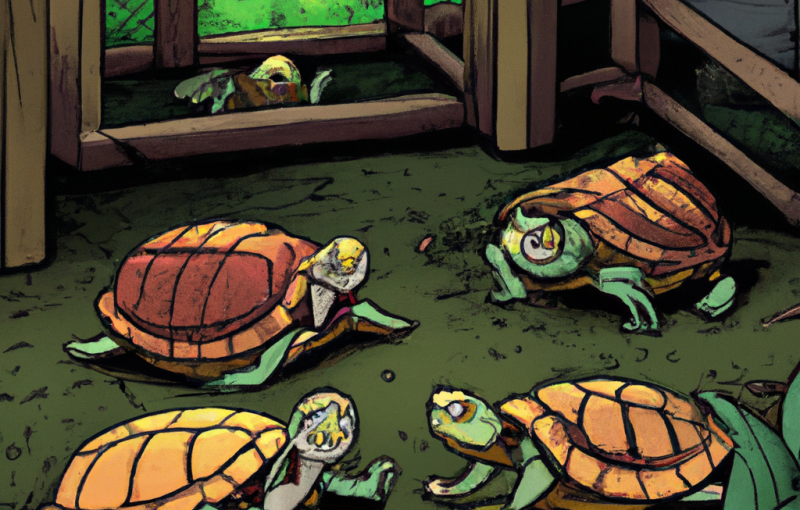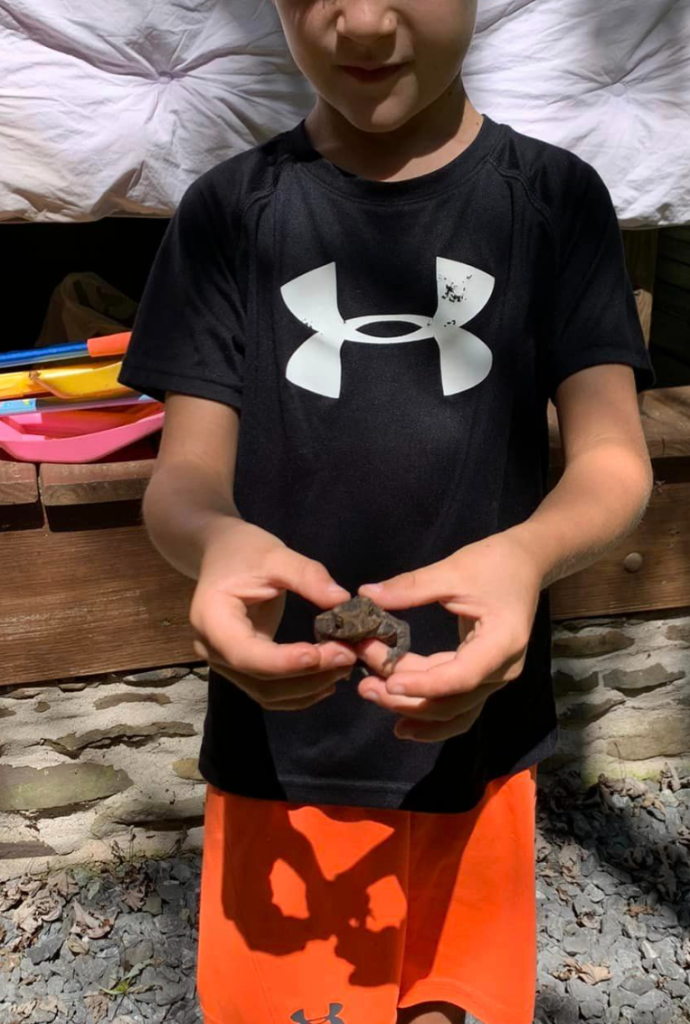
Turtles and Salmonella: A Reptile Lover’s Guide to Staying Safe
by Jon Scaccia October 10, 2023Personal Note: As a parent of two sons who are absolutely reptile crazy, I’ve had my fair share of adventures in the world of turtles. Our family has welcomed these shelled companions into our home, and at one point, we had a whopping 20 of them. I wasn’t happy.
However, as any responsible pet owner knows, keeping turtles as pets comes with certain responsibilities and precautions, especially when preventing salmonella transmission.

Turtles are fascinating creatures, and their presence in our home has brought joy, curiosity, and a sense of responsibility into our lives. But, along with their charm, there is a hidden danger that many people might not be aware of – the risk of salmonella infection.
The Salmonella Threat
Salmonella is a type of bacteria that can cause illness in humans. While most people associate it with undercooked chicken or raw eggs, it might come as a surprise that turtles are also carriers of this bacteria. Turtles, like many reptiles, can harbor salmonella in their shells, skin, and digestive tracts. Handling turtles or their habitat without taking proper precautions can put you and your family at risk of contracting salmonella.
Preventing Salmonella Transmission from Turtles
- Hand Washing: One of the simplest and most effective ways to reduce the risk of salmonella infection from turtles is thorough hand washing. After handling a turtle or cleaning their enclosure, wash your hands with soap and warm water for at least 20 seconds. Teach this habit to your children as well.
- Supervision: Always supervise young children when they interact with turtles. Children may not have the same understanding of hygiene as adults and are likelier to put their hands in their mouths after handling a turtle.
- Designated Habitat: Keep your turtles in a designated habitat that is easy to clean and maintain. Regularly clean and disinfect their enclosure to reduce the risk of salmonella contamination.
- No Turtle Kisses: Avoid kissing or allowing your turtles to come into contact with your face or mouth. This simple act can help prevent the spread of bacteria.
- No Eating or Drinking Around Turtles: Never eat or drink while handling your turtles. After handling the turtles, food and drinks can become contaminated if you accidentally touch your face or mouth.
- High-Risk Individuals: Be extra cautious if you have elderly family members, pregnant women, or individuals with weakened immune systems in your household. They are more vulnerable to severe salmonella infections.
Public Health Implications
The risks associated with turtles and salmonella extend beyond the individual household. In recent years, several outbreaks of salmonella infections linked to turtle contact have resulted in public health concerns. These outbreaks often affect children likelier to handle turtles and sometimes even take them to schools or daycare centers for show-and-tell.
Public health authorities have urged caution, even going as far as banning the sale of small turtles (those with a shell length of less than 4 inches) in some areas to curb salmonella transmission. Additionally, educational campaigns have been launched to inform the public about turtles’ risks and promote responsible pet ownership.
Turtles can make wonderful pets for reptile enthusiasts like my family, but it’s crucial to be aware of their potential risk of salmonella. By following proper hygiene and safety precautions, we can enjoy the company of these unique creatures while keeping ourselves and our loved ones safe. Responsible pet ownership and public awareness can go a long way in preventing the spread of salmonella and ensuring the health and happiness of both turtles and humans alike.
Hey, we’ve got turtle news too!
Stay up to date with This Week in Public Health! Sign up below!
Leave a Reply